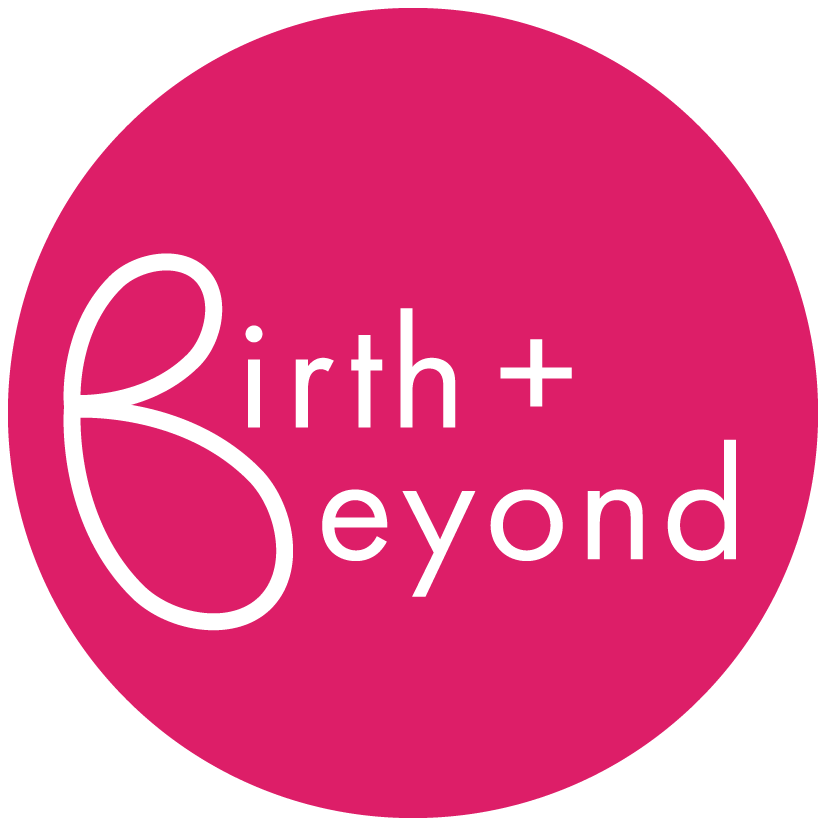OK, so it’s not something we like to talk about, but since at least one in ten (probably more) mothers experience some kind of mental distress before or after having a baby, it’s definitely worth talking about what you can put in place to improve your chances of enjoying motherhood from the outset. Because in many cases it is preventable or could be reduced - it's not a biological given.
So if you’re pregnant (or even if your baby is already in your arms), here’s a quick quiz to look at what factors might affect how you feel as a mother.
- Do you lack people around you who will be giving you practical support (e.g. cooking, cleaning, taking the baby so you can sleep, looking after any other children?) On a near daily basis? (Partners don’t count)
- Do you lack friends who are having babies at roughly the same time as you?
- Have you had a history of infertility or miscarriages/stillbirth?
- Are you having more than one baby?
- Have you previously had anxiety, depression, eating disorders or other mental distress (whether diagnosed or not)?
- Has your mother or someone else who was important to you died in the last few years?
- Is there stress around you? (e.g. are you dealing with a lot of stress at work (or in your partner’s work)? Is one, or more, of your close relationships stressful? Are you moving house? Are you finding it hard to be able to exercise/ de-stress in your usual ways?)
- Are you finding it easy to ‘bond’ with the baby inside you?
- Have you felt anxious or low during your pregnancy?
- Was your pregnancy unplanned?
- Are you an ‘older’ mum?
- Did you find your own childhood difficult?
If you have ticked yes to ANY of these, good on you for being honest. Because being honest with yourself means that you have more chance of doing what you need to prevent mental distress. In many cases, mental distress is an emotional sign that something is wrong. A bit like getting a headache when you haven’t drunk enough water is a physical sign that something needs to change. And so often you can get support to sort out whatever is causing the distress.
When I was pregnant, I didn’t want to think about anything like this because I was too scared to look at it. Despite having episodes of what might have been undiagnosed depression and anxiety in the past, I thought that since I was doing so well in pregnancy, I would be fine. I didn’t think about the fact that a great deal of how I was feeling was due to the fact that I used exercise and nutrition and regular contact with colleagues and work that I enjoyed and lots of sleep to keep me feeling good. All those things contributed to me enjoying life, so once they weren’t there I really struggled.
And my point is – that does NOT need to happen. Research shows that along with these risk factors, there are also things you can do to support yourself, from before pregnancy. Counselling , for example, has been shown to be one of the things that is proven to reduce your chance of experiencing postnatal depression. Exercise during pregnancy and beyond has also been shown to help maintain mental wellbeing.
Being honest about yourself and your situation means that you can put a few things in place now. Even if you’re someone who hates planning, quite often that can be because we don’t like looking at what might go ‘wrong’. Because it’s scary! And quite often we like to pretend that what’s scaring us can’t get us and so we hide under the duvet, rather than putting the light on to see what that shadow really is.
So I’m inviting you to put the light on. If you are up for it, you’re very welcome to get in contact and discuss whatever has come to your attention.

